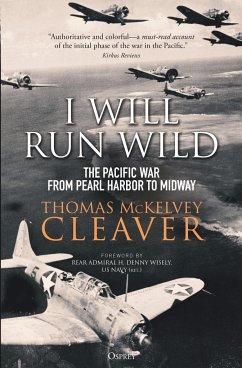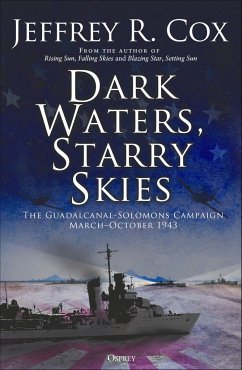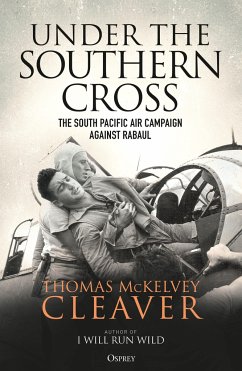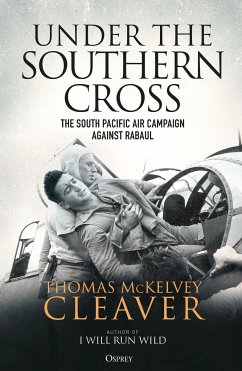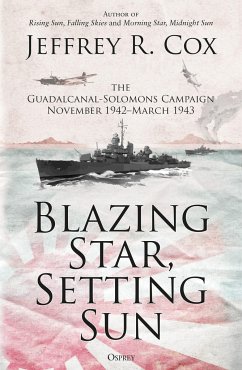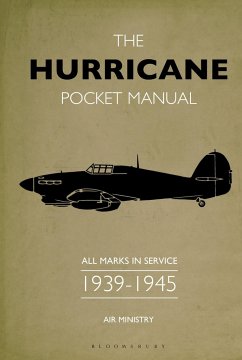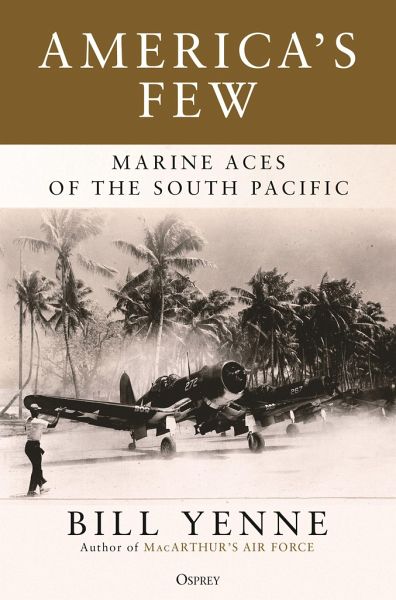
America's Few
Marine Aces of the South Pacific
Versandkostenfrei!
Versandfertig in 2-4 Wochen
31,99 €
inkl. MwSt.
Weitere Ausgaben:

PAYBACK Punkte
16 °P sammeln!
Using the parallel stories of Gregory 'Pappy' Boyington and Joseph â Smokey Joeâ Foss, the two top-scoring US Marine Corps fighter aces of all time, this fascinating new book explores US Marine Corps aviation over the South Pacific.




